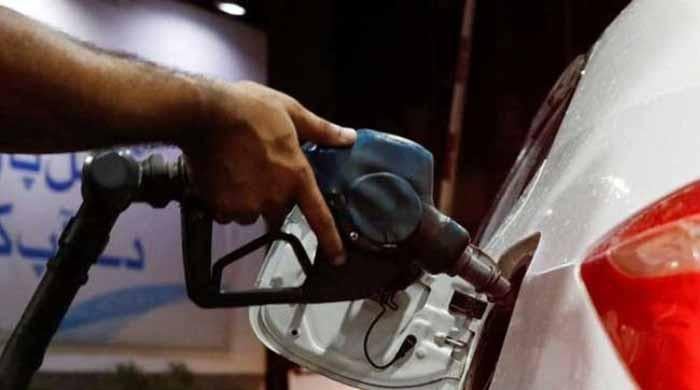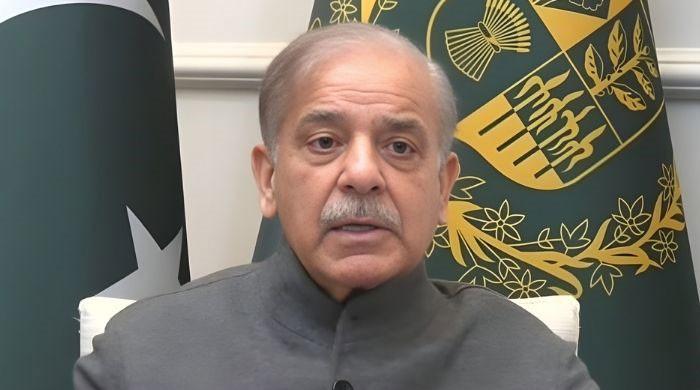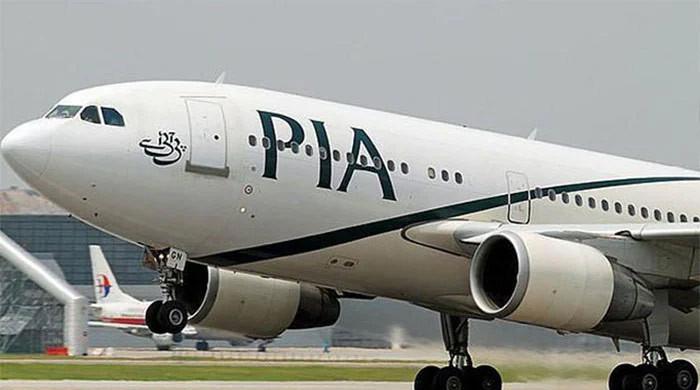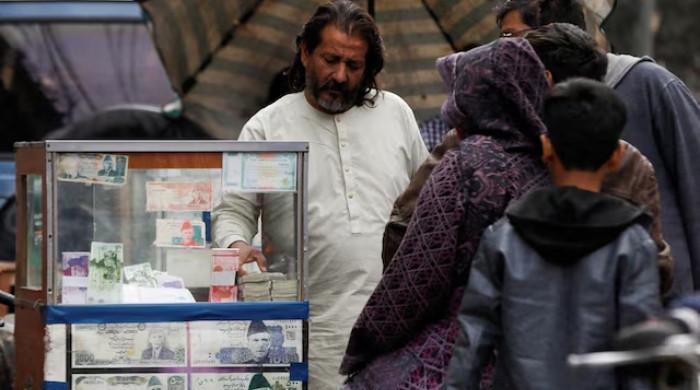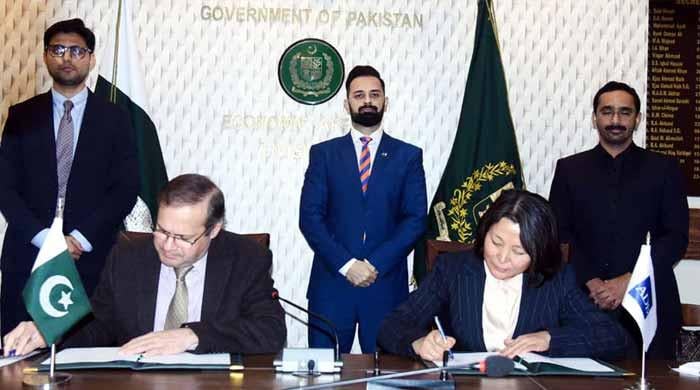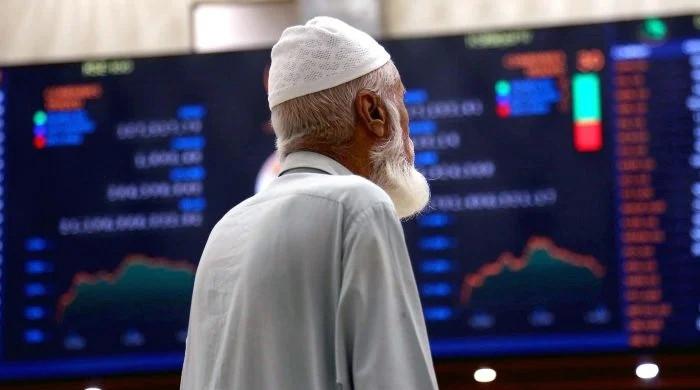PML-N asks FBR to devise roadmap to raise tax-to-GDP ratio by 13.5%
FBR has been asked to come up with digitisation of economy, utilising IT to bring potential sectors into tax net, say sources
February 27, 2024
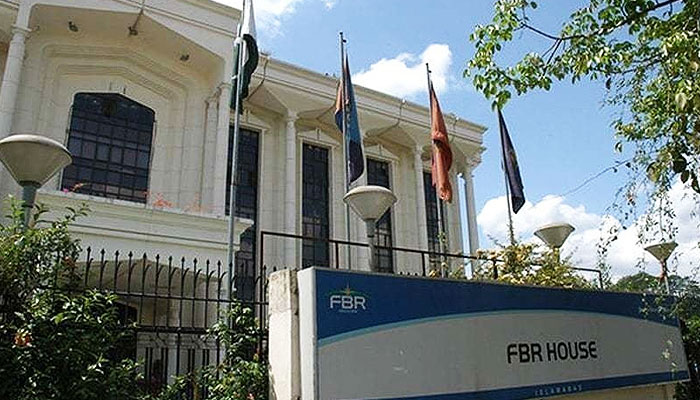
- FBR high-ups brief PML-N leadership.
- PML-N seeks increase in tax net over next 5 years.
- Digital economy to be focus of upcoming govt.
ISLAMABAD: Pakistan Muslim League-Nawaz (PML-N), the main ruling party of the coalition of the expected next government, has asked the Federal Board of Revenue (FBR) to devise a roadmap to raise the tax-to-GDP ratio, The News reported Tuesday.
In this regard, the FBR high-ups briefed the PML-N leadership, including Senator Mussadiq Malik and Ahad Cheema. They had asked the country’s revenue machinery to devise a roadmap for jacking up the tax-to-GDP ratio to at least 13.5% over the next five years.
“The FBR has been assigned to come up with digitisation of the economy and utilising information technology for bringing potential sectors into the tax net,” sources confirmed to The News on Monday.
The official, who spoke on the condition of anonymity, said that the digital economy would be the focus of the upcoming government, so the FBR was asked to come up with documentation of the economy.
The integration of FBR, National Database and Registration Authority (Nadra), State Bank of Pakistan (SBP) and Ministry of IT for utilising e-commerce and digitisation as tool for broadening of tax base.
The PML-N leaders were interested in getting input from the FBR for increasing the tax-to-GDP ratio under a well-thought-out strategy as it was currently standing in the range of 8.5% on an annual basis.
The next government would aim at doubling the revenue collection over a five-year period which was currently envisaged to fetch Rs9,415 billion by the end of June 30, 2024.
The government would also decrease the maximum individual tax rate from 30 to 15%, increase the minimum tax threshold from Rs0.4 million to Rs1.2 million per year, enable payment of taxes online, through cell phones, ATMs and banks, strengthen the alternate dispute resolution mechanism by making the decision binding on both parties, and establish Queue Management System for elimination of the discretionary system for sales tax refunds.




